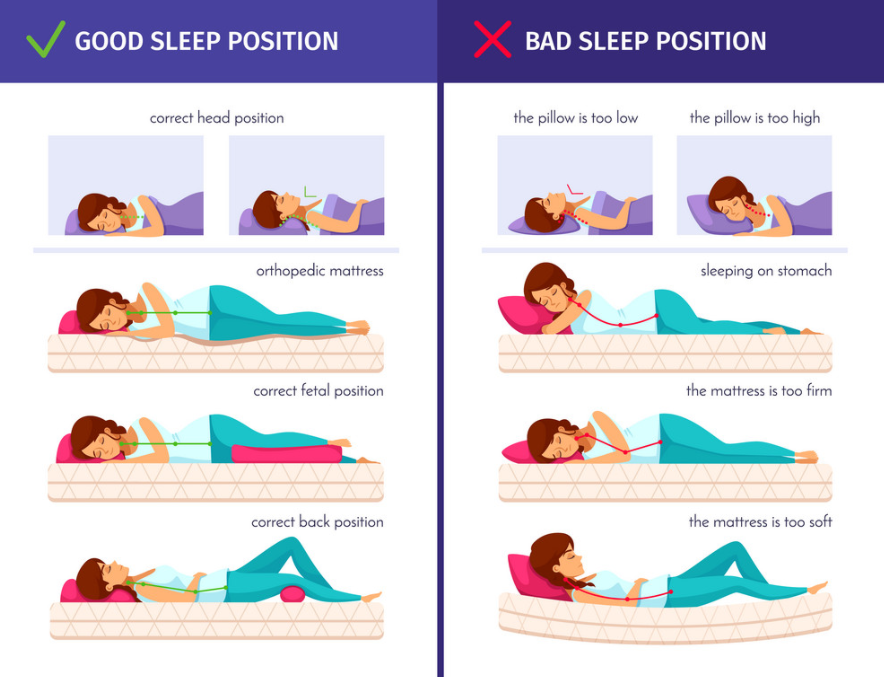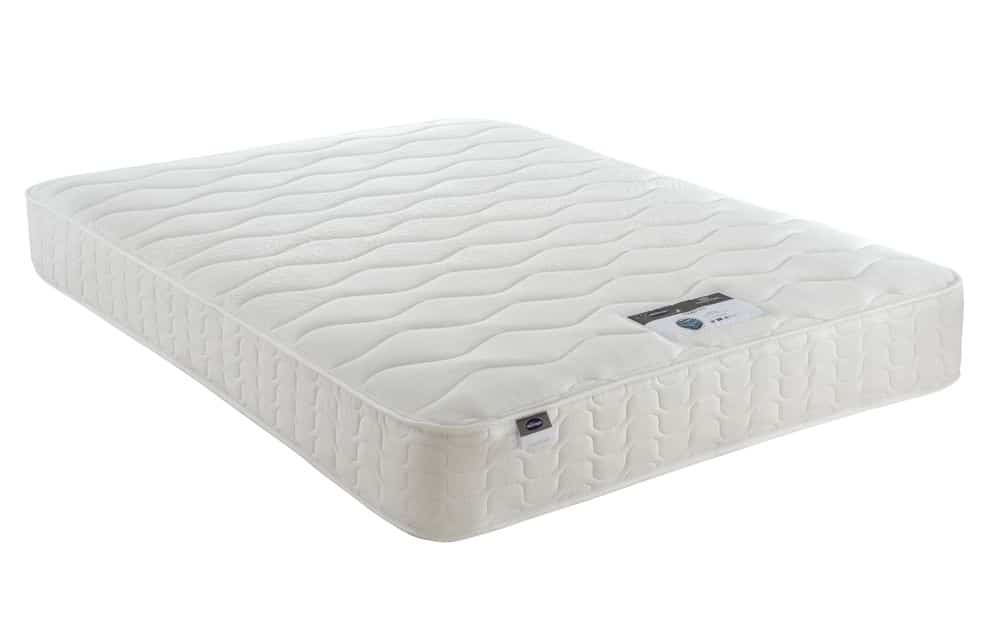Sleep Talk Blog, Care And Maintenance, Product Help, Bed and Mattress Guides
How to Care for Your Mattress
Care for Your Mattress
Providing you look after your mattress correctly. There is no reason why it shouldn’t serve you for a decade. Modern mattresses are designed to last, but there are several things you need to do to make sure this happens.
Here’s our ultimate mattress care guide:
Know Your Mattress
Some mattresses are prone to certain types of failure:
- Mattresses with springs have moving parts (the springs) that can fail over time, causing squeaks, lumps, and sinking.
- Memory foam mattresses are prone to tearing, ripping, and abrasion (the foam is relatively soft, so a cover is necessary).
- Mattresses with natural fillings like wool can be prone to moisture, so using a mattress protector is essential.
By understanding how different mattresses are damaged and need caring, you can tweak how you care for your mattress.
Mattress in a Box, Unwrapping Your Mattress
With a brand-new mattress, take it out of its packaging to let it air. Lay the mattress down flat so it can settle. You can use most regular mattresses immediately, but mattress-in-a-box mattresses need time to expand.
Getting Rid of the Chemical Smell
Your mattress might come with a chemical smell, which should wear off within 2-3 days. If the weather’s dry, airing outside will speed this up. You can also try spraying it with Febreze to mask the chemical smell quickly.
Turn your Mattress Regularly
Although all manufacturers offer additional guidance, we recommend turning your mattress (end-to-end) every week for the first month and then every two weeks after that. Turning is essential to ensure your mattress wears evenly.

Vacuum Your Mattress
Take a vacuum cleaner to your mattress every two weeks, using the tip attachment to suck skin cells from the surface. Hypoallergenic mattresses have a tightly woven cover, so the hoover does not need to be too rough or heavy.
Clean your bedding regularly
Most experts say to wash your bedding every week to two weeks, as your bedding soaks up sweat, and skin cells, and if you eat in bed crumbs are dropped, all of this can get into the mattress layers, breeding bacteria and encouraging bed bugs. The mattress protector will help, but this too should be washed regularly.
Don’t Jump In
We all love jumping into bed, but if you’re too rough with your jumps, you could damage the springs (pure foam mattresses don’t have the same problem). With spring mattresses, all it takes is one heavy jump to break a spring!
Beware of Sharp Objects
Sharp objects can pierce the mattress cover, causing irreparable damage. The most common scenario where this happens is flipping the mattress off the bed. Be careful when handling your mattress, and don’t have anything sharp in your hands.
Getting Rid of Stains
If your mattress is stained, Dr. Beckmann Carpet Stain Remover is an excellent tool for the job with its powerful oxy formula and built-in brush. For a home remedy, dilute three parts of water with one part of white vinegar and use a sponge to soak the stain up.

Getting Rid of Smells
If your mattress starts to smell, remove all bedding, vacuum the mattress, treat any stains and spray the mattress with a fabric refresher. Febreze is the best-known product but Astonish fabric refresher is even better.
Use a Mattress Protector
We recommend using a mattress protector to protect against stains, cat claws, and fabric abrasion (when a bed sheet and mattress rubs, producing fluff balls). Although a mattress protector will change the feel of your mattress, you will soon get used to it.
Using a protector, especially a waterproof one will stop anything from getting through to the mattress and ruining it, from liquids and bodily oils leaving nasty smells and producing mould within the mattress layers. Cleaning up a spill can be difficult, whereas with a mattress protector you can just wipe it clean.
When you are asleep at night you can sweat along with shedding skin cells which are absorbed into your bed. To keep this going through to your mattress use a mattress protector.
When Should You Consider Purchasing a New Mattress
Signs you need a new mattress include:
- Sagging
- Sinking
- Squeaking
- Loud popping noises (springs failing)
- Other types of deformation (lumps, bumps)
- Noticeable differences in comfort between sides
- A sudden increase in allergies
- Irreparable stains
- Unpleasant smells that won’t go away
- You wake up with aches and pains (and a new pillow hasn’t helped)

Most people tend to put off getting a new mattress when problems arise, but putting up with issues like sagging, squeaking, lumps, bumps, allergies, smells, aches, and pains will only affect the quality of your sleep.
So, don’t delay in replacing your mattress if your old one is spent - your sleep depends on it!

